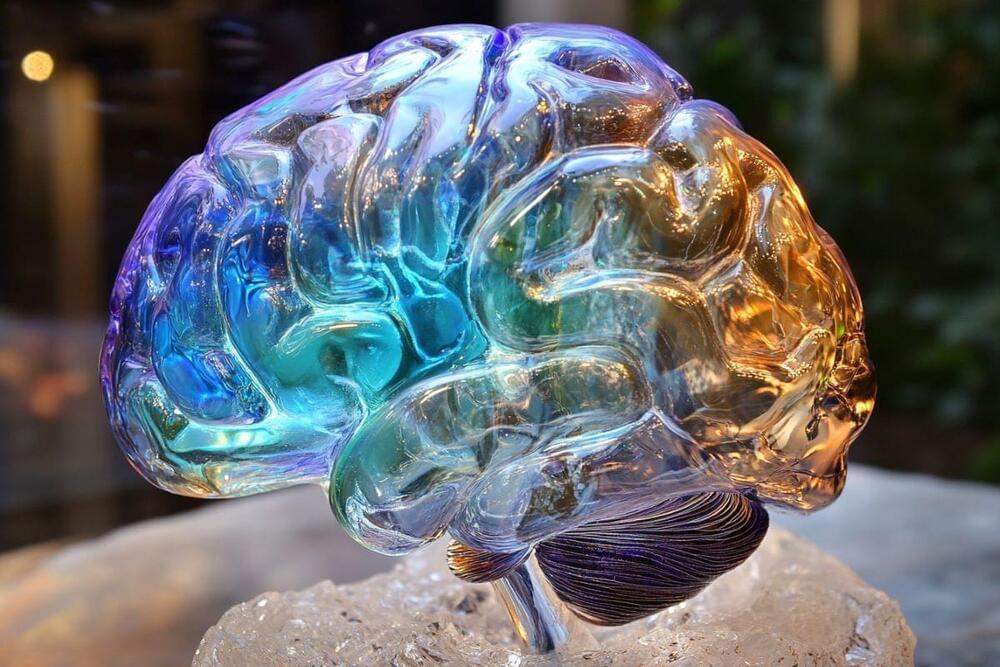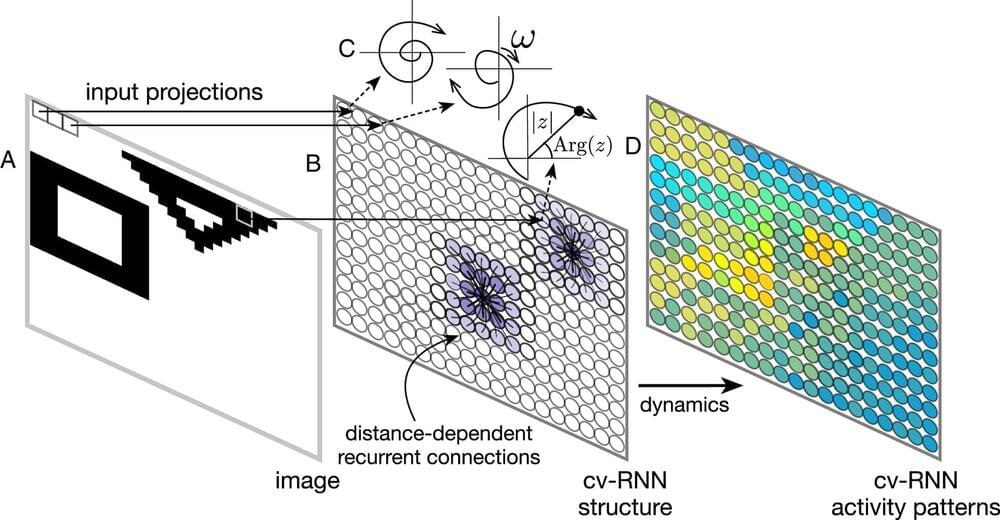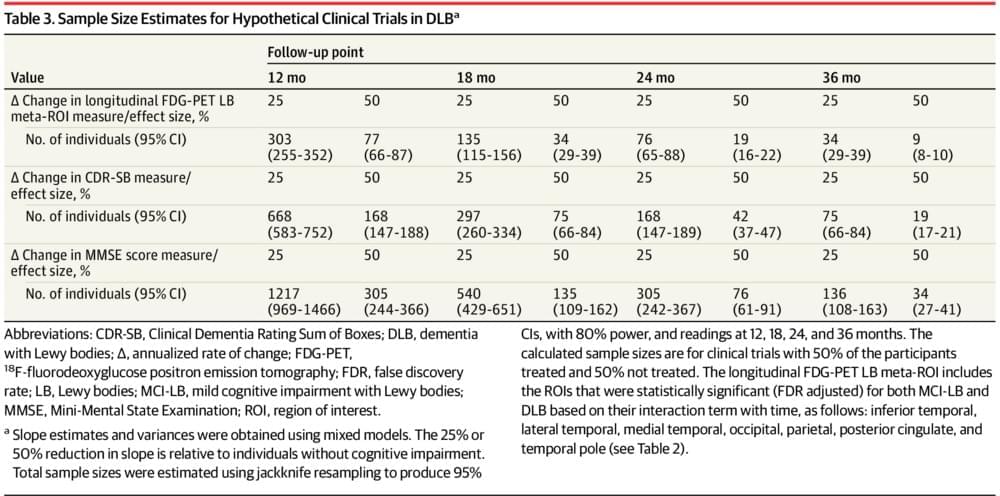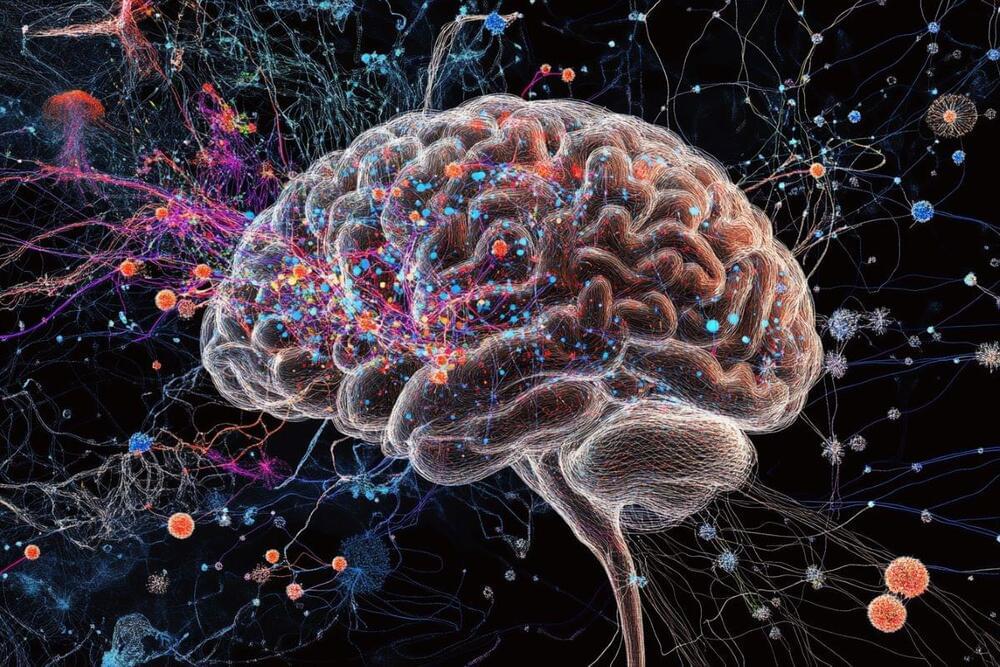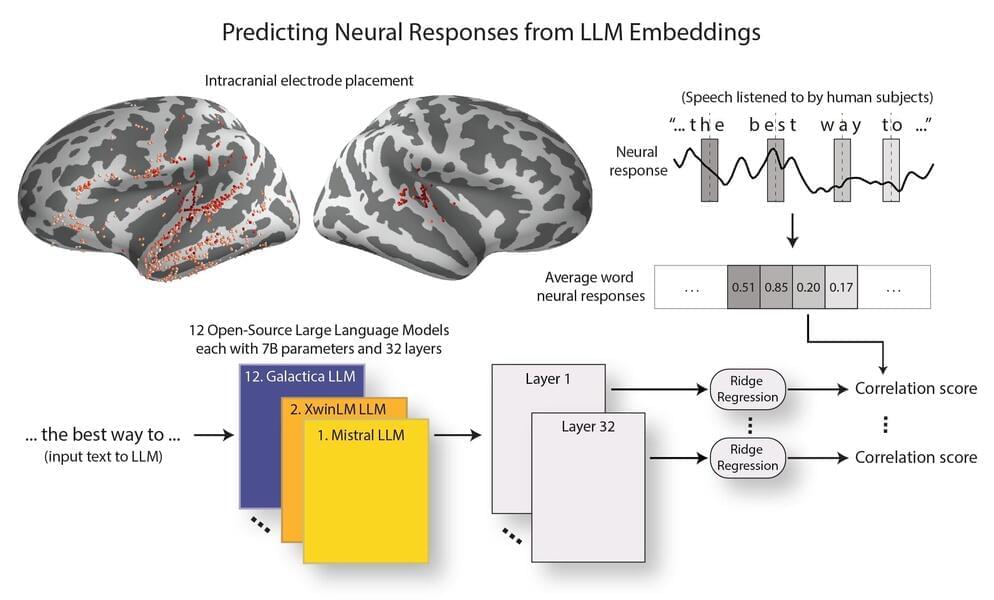A new biodegradable electrode stimulates brain repair by activating neural precursor cells, dissolving naturally after a week. This breakthrough could transform treatments for neurological disorders like stroke.
Summary: Researchers have developed a flexible, biodegradable electrode capable of stimulating neural precursor cells (NPCs) in the brain, offering a safer and more precise alternative for neural repair. The electrode dissolves naturally after seven days, eliminating the need for surgical removal while promoting tissue regeneration.
Made from FDA-approved materials, the device successfully increased NPC activity in preclinical models without causing significant inflammation or damage. This innovation could significantly expand treatment options for neurological disorders, which are a leading cause of disability worldwide.
Future developments aim to integrate drug and gene therapy delivery into the electrodes for enhanced therapeutic potential.
